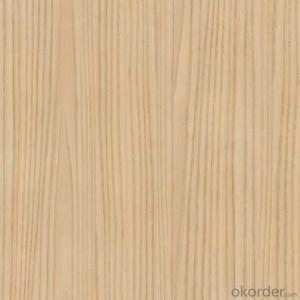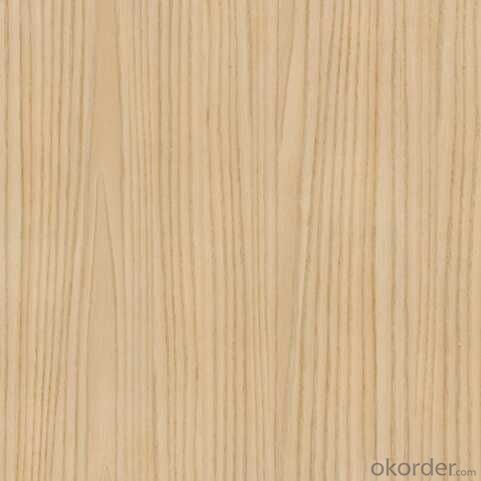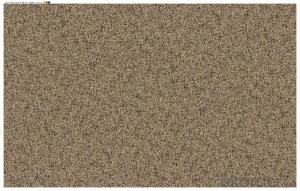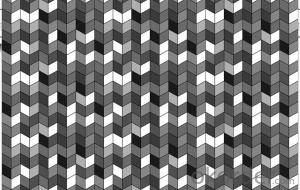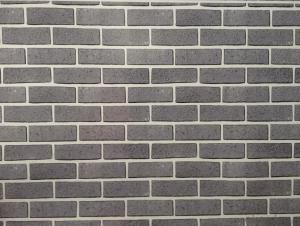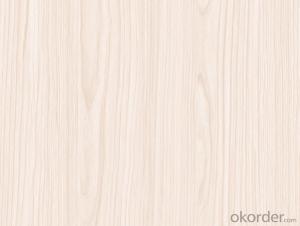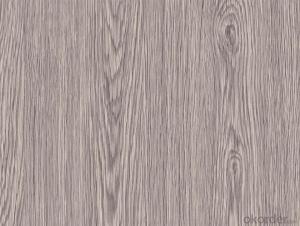color bond surface coating steel plate--XY010
- Loading Port:
- China Main Port
- Payment Terms:
- TT OR LC
- Min Order Qty:
- -
- Supply Capability:
- -
OKorder Service Pledge
OKorder Financial Service
You Might Also Like
1.Color bond surface coating steel plate :
2More than ten years experiences, the products are sold to the domestic city and some international cities we strivc to develop production of color coating steel plate the plating (aluminum )zinc steel. Coil cheickness between 0.6mm and 1.5mm and the width from 600mm to 1250mm and a variety of high durability of color coating steel plate.
3.The company has multiple layer patterns for customers to choose The company provides products deep processing services ,meet the various needs of customers on board specifications All of out products comply with international quality standards and are greatly appreciated in a variety of different markets throughout the world.
4. If you ate interested in any of our products or would like to discuss a custom order please feel free to contact us we are looking forward to forming successful business relationships with new clients around the world in the near future.
5.We can design the color and thickness according to customers' requirements. The delivery time is only 30 day after you confirm the order.
- Q: Are steel sheets suitable for high-vibration environments?
- Yes, steel sheets are suitable for high-vibration environments. Steel is a strong and durable material that can withstand vibrations without experiencing significant deformation or damage. It is commonly used in industries such as construction, automotive, and aerospace, where high-vibration environments are common. Additionally, steel sheets can be designed and manufactured to have vibration-damping properties, further enhancing their suitability for such environments.
- Q: Are the steel sheets suitable for high-temperature applications?
- Yes, steel sheets are generally suitable for high-temperature applications. Steel is known for its excellent strength and durability, making it a popular choice for various industries requiring materials that can withstand high temperatures. Steel sheets can be manufactured to have high melting points and can retain their structural integrity even under extreme heat. Additionally, steel has good thermal conductivity, allowing it to efficiently transfer heat away from the surface. However, it is important to consider the specific grade and composition of the steel sheets as some alloys are specifically designed for high-temperature applications. It is recommended to consult with a materials engineer or specialist to ensure that the steel sheets selected are suitable for the specific high-temperature environment.
- Q: Are steel sheets suitable for railway infrastructure?
- Yes, steel sheets are suitable for railway infrastructure. Steel is a widely used material in the construction of railway infrastructure due to its strength, durability, and versatility. One of the main advantages of using steel sheets for railway infrastructure is their high strength-to-weight ratio. Steel is known for its exceptional strength, allowing it to withstand heavy loads and provide long-lasting support to railway tracks, bridges, and other structures. This strength is crucial in ensuring the safety and stability of the railway system, especially when dealing with the immense weight and impact forces exerted by trains. Additionally, steel sheets offer excellent durability and resistance to wear and tear. Railway infrastructure is subjected to constant stress, including vibrations, impacts, and extreme weather conditions. Steel's inherent properties make it highly resilient to these factors, minimizing the need for frequent repairs and maintenance. This durability translates into significant cost savings in the long run, as steel structures have a longer lifespan compared to other materials. Moreover, steel sheets are highly versatile and can be easily fabricated into various shapes and sizes to meet specific railway infrastructure requirements. This flexibility allows for the efficient construction of rails, sleepers, bridges, and other components needed for a functional and safe railway system. Steel's adaptability also enables easy modifications and expansions to the infrastructure as needed, ensuring compatibility with evolving transportation needs. In conclusion, steel sheets are well-suited for railway infrastructure due to their strength, durability, and versatility. Their high strength-to-weight ratio, resistance to wear and tear, and ease of fabrication make them an ideal choice for constructing and maintaining railway tracks, bridges, and other structures. The use of steel in railway infrastructure ensures the safety, efficiency, and longevity of the railway system.
- Q: How do you calculate the yield strength of a steel sheet?
- The yield strength of a steel sheet can be calculated by dividing the maximum amount of stress that the sheet can withstand before it permanently deforms by the cross-sectional area of the sheet.
- Q: Can steel sheets be used for food processing applications?
- Yes, steel sheets can be used for food processing applications. Stainless steel sheets are commonly used in the food industry due to their corrosion resistance, durability, and ease of cleaning. They are suitable for various food processing equipment, such as conveyor belts, countertops, food storage containers, and cooking surfaces.
- Q: Can steel sheets be used in high-temperature applications?
- High-temperature applications can make use of steel sheets, as steel possesses exceptional heat resistance and can endure high temperatures while retaining its structural integrity. The suitability of steel for such applications is heavily influenced by its specific type and composition. Stainless steel or heat-resistant steel, for instance, are specifically engineered to withstand exceedingly high temperatures and are widely utilized in industries like aerospace, automotive, and manufacturing. These steel sheets are applicable in various high-temperature settings including furnaces, boilers, exhaust systems, and heat exchangers, among others. Nevertheless, it is crucial to consider factors such as the precise temperature range, duration of exposure, and the presence of any potentially corrosive elements in the high-temperature environment to ensure the selected steel sheet is suitable for the intended purpose.
- Q: How long do steel sheets last?
- Steel sheets can last for many years, often surpassing the lifespan of other materials. The longevity of steel sheets depends on various factors such as the quality of the steel, the conditions it is exposed to, and how well it is maintained. In general, high-quality steel sheets that are properly installed and maintained can last for several decades or even longer. However, if steel sheets are exposed to harsh environments, such as extreme temperatures, humidity, or corrosive substances, their lifespan may be reduced. Regular inspections, cleaning, and maintenance can help extend the lifespan of steel sheets and ensure their durability over time.
- Q: What is the typical flexural strength of a steel sheet?
- The typical flexural strength of a steel sheet can vary depending on the specific grade and thickness of the sheet. However, on average, steel sheets have a flexural strength ranging from 300 to 500 megapascals (MPa).
- Q: What is the average yield strength of steel sheets?
- The average yield strength of steel sheets can vary depending on the specific grade and thickness of the steel being used. However, as a general range, the average yield strength of steel sheets typically falls between 250 and 600 megapascals (MPa). It is important to note that different steel grades, such as mild steel, high-strength low-alloy (HSLA) steel, or stainless steel, will have different average yield strengths. Additionally, the thickness of the steel sheet can also impact its yield strength, with thinner sheets generally having higher yield strengths. Therefore, it is crucial to consult the specifications and standards provided by the manufacturer or industry guidelines to determine the specific average yield strength for a particular steel sheet.
- Q: Can steel sheets be used for manufacturing industrial equipment?
- Yes, steel sheets can indeed be used for manufacturing industrial equipment. Steel is a versatile and widely-used material in various industries due to its strength, durability, and resistance to corrosion. Steel sheets can be easily molded, cut, and shaped into various components used in the manufacturing of industrial equipment such as machinery, tools, storage tanks, conveyors, and structural supports. Steel sheets also offer excellent load-bearing capacity, making them suitable for heavy-duty applications in industries like construction, automotive, aerospace, energy, and manufacturing. Additionally, steel sheets can be coated or treated to enhance their properties, such as improving resistance to heat, chemicals, or wear. Overall, steel sheets are a popular choice for manufacturing industrial equipment due to their strength, versatility, and reliability.
Send your message to us
color bond surface coating steel plate--XY010
- Loading Port:
- China Main Port
- Payment Terms:
- TT OR LC
- Min Order Qty:
- -
- Supply Capability:
- -
OKorder Service Pledge
OKorder Financial Service
Similar products
Hot products
Hot Searches
Related keywords
